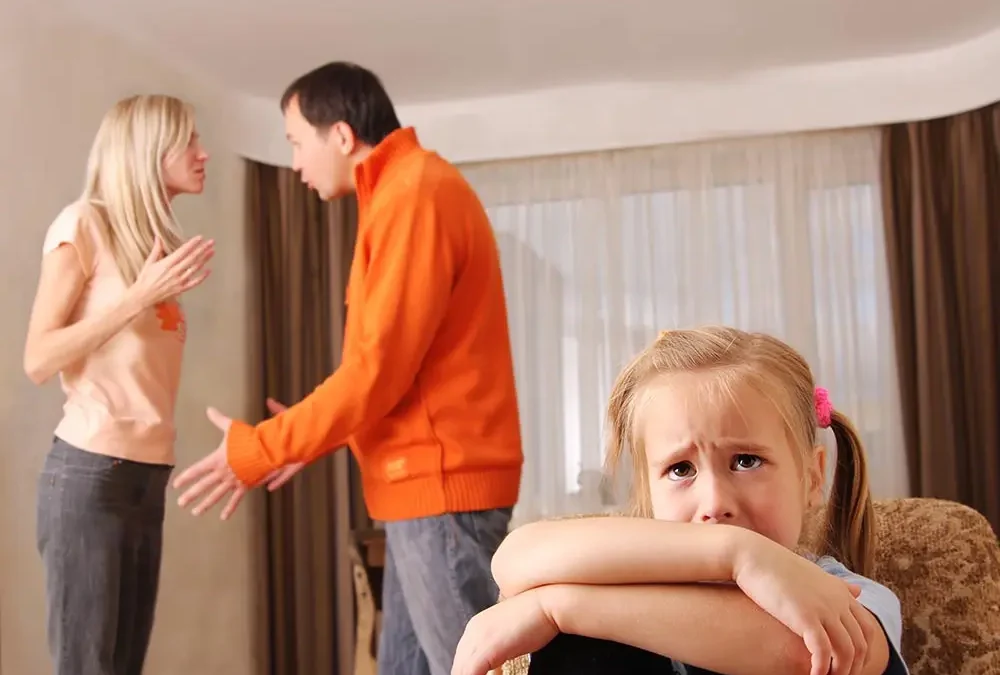by C. Catherine Jannarone, Esq.
There has been a lot said about the negative consequences of divorce litigation and how it affects children. Yet, no one really talks about the impact that the adversarial divorce process can have on in-laws, grandparents, aunts and uncles and other family members. But the reality is that your divorce will affect more than just your immediate family.
Divorce is difficult for everyone involved. The sense of grief experienced over the loss of a son or daughter-in-law can feel very much like a death in the family. When divorce litigation becomes adversarial, family members and friends can sometimes feel pressure to take sides. Even though it isn’t what they want they may feel they have no choice but to break off all ties to their former son-in-law or daughter-in-law or risk their own child feeling a sense of betrayal.
The strain on these relationships can be further complicated when there are children involved. Grandparents can become worried about losing access to their grandchildren. These fears can a significant source of stress when it appears that their son-in-law or daughter-in-law will become the custodial parent. Unfortunately, these can be very real and valid concerns. It is not uncommon for grandparents to lose touch with grandchildren after a particularly antagonistic divorce. The end result can be heartbreaking, both for the grandparents and the grandchildren.
The sense of loss associated with divorce and extended family isn’t always limited only to the extended family member. The break up of the extended family can also be hard on the couple who is getting a divorce. Not everyone has problems with their in-laws. In fact many people develop deep and meaningful relationships with the parents of their spouse. The loss of these relationships can be extremely difficult for them as well and can compound the overall pain of the divorce process.
But divorce doesn’t have to tear entire families apart. Even though the couple may not be able to stay married that doesn’t mean that the other web of relationships that has been created through their union must dissolve as well. Typically it isn’t the fact that the couple is getting divorced that severs these relationships but rather the manner in which they divorce.
How The Collaborative Process Protects Family Relationships
By starting from a foundation of cooperation fostered by mutual respect, the collaborative divorce process encourages open and honest dialogue so that both parties can work together to come up with solutions that meet the needs of everyone involved. The couple resolves to find creative and mutually beneficial solutions with the end in mind. By removing the threat of litigation, there are no longer any sides to take making it a win-win solution for everyone including extended family members.




